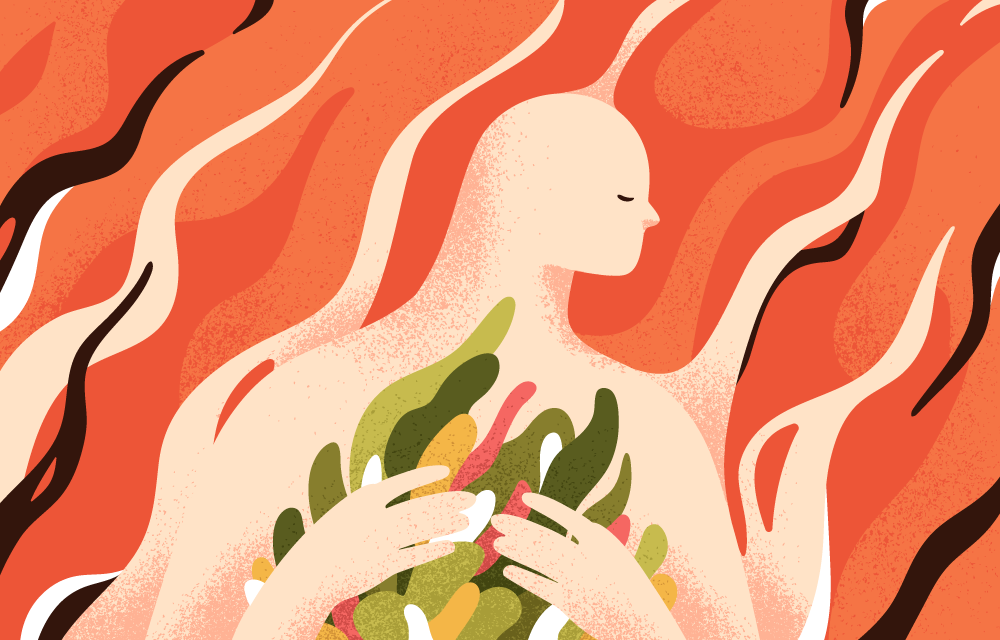
Seminar | Torture and Therapeutic Temporality in a rehabilitation clinic for survivors of torture in Denmark
Lotte Buch Segal, member of the working group Reconstructing the self, intervenes in the seminar Violence and Exiting Violence organised by the Foundation Maison des sciences de l’homme
At the heart of a therapeutic process lies the temporality of healing, an expectation of, at least, a minimum of measurable improvement. What if, however, the trajectory of a life, or suffering, fail to move along this anticipation of a cure? Chronic pain, terminal, and life-long illnesses are part of a spectrum that challenges conventional medicine. Yet among health professionals who have worked with victims of torture and political violence there is a tacit understanding that whereas some form of improvement is possible through highly specialized and evidence based treatment for, for instance, PTSD, torture poses a particular challenge for the people working to improve the overall health and well-being of the afflicted person.
Based on fieldwork in a rehabilitation clinic for survivors of torture in Denmark this paper argues that some forms of affliction pose a distinct challenge to the temporal logic of healing. Lotte Buch Segal understands the difficulty of treating the long-term sequalae of torture as a difficulty residing in an ethical –temporal register. The argument pursued is that the intersection of ethics and temporality may hold a clue so as to understand the difficulties in offering solace to the pain that follows from torture. Taking Toby Kelly’s insigth that the lack of acknowledging the pain of torture resides not in the inability of the victim to speak but in our willingness to listen the difficulty of treating the long-term sequalae of torture speaks directly to the possibilities of making and living a life that host countries are able to offer refugees who have experienced torture in their home country or en route to Europe.
Speaker: Lotte Buch Segal
Details:
Thursday, May 17, 2018
5:30pm – 7:30pm
Salle A3-35
FMSH | 54, bd Raspail Paris 6
